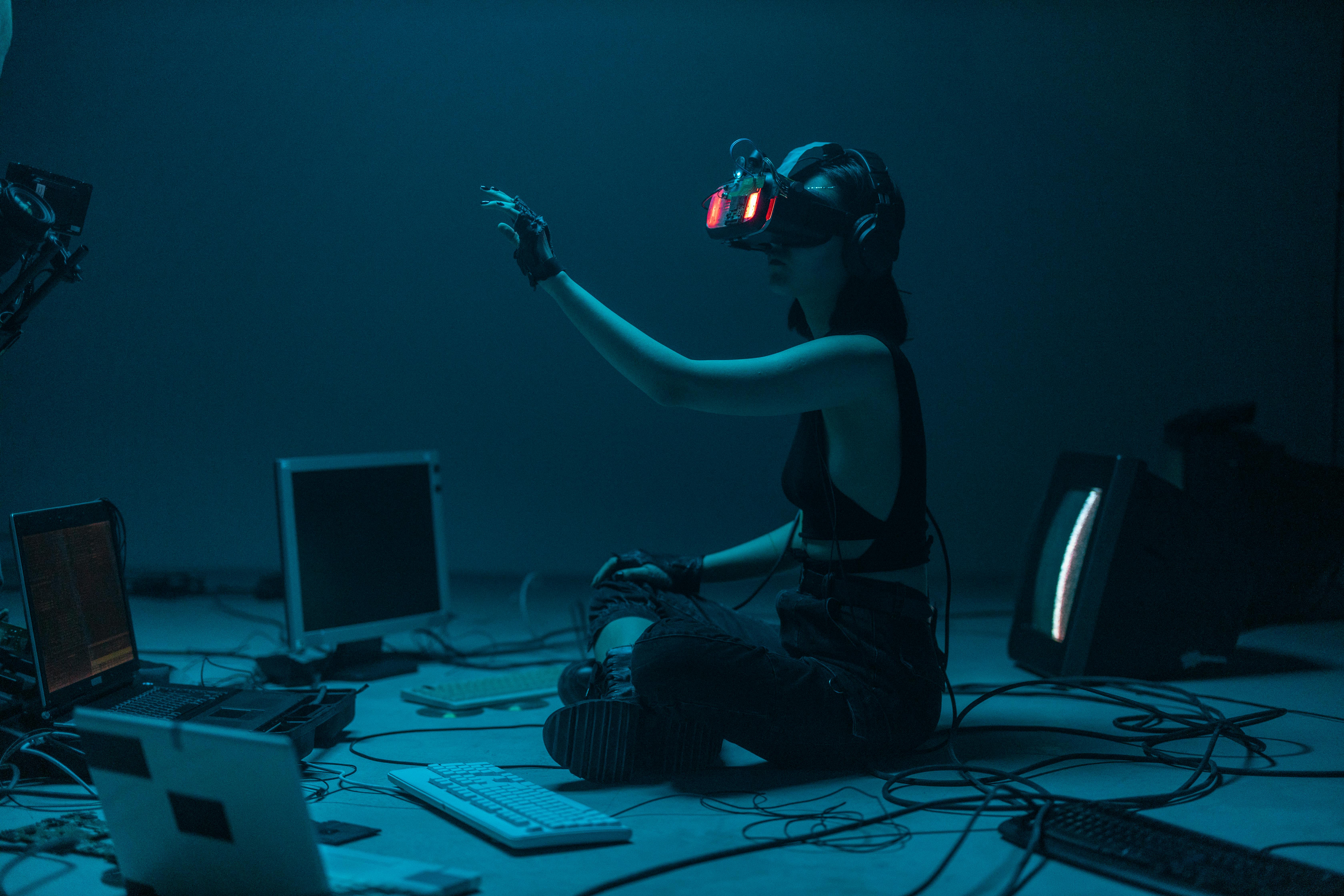AI Clones Usher in a New Era of Content Creation in China: Insights and Implications

The world is embracing artificial intelligence (AI) in all sectors and industries at an unprecedented pace. Among the many new AI applications, digital clones are becoming increasingly prominent, particularly in the world of content creation.
Digital clones are AI systems, essentially virtual "duplicates" of individuals, capable of reproducing their speech patterns, expressions and behaviors in a realistic way. This advancement in technology isn't confined to any region. In particular, China is ambitiously charging forward, shaping the evolution of AI digital clones in content creation.
The Quest for Realism in AI Digital Clones
AI digital clones seek to mimic the specific characteristics of an individual, replicating them in a way that's indistinguishable from reality. These clones are created by capturing the colloquialisms, idiosyncrasies, and tone of an individual, presenting it as the clone’s unique identity.
To make these clones indistinguishable from reality, AI platforms lean heavily on neural networks. By processing enormous amounts of data, these neural networks can successfully render the digital clone in a form that is more realistic and convincing. This makes it a powerful tool in content creation, especially in industries like entertainment, news broadcasting, and influencer marketing.
AI Digital Clones: The Powerhouse of Chinese Content Creation
In China, AI digital clones are revolutionizing the scene of content creation. Whether it’s creating scripted broadcasts of sports events, generating news articles or even in customer service – digital clones are everywhere.
The use of AI digital clones in China primarily rests upon two aspects. Firstly, there is a vast potential audience in the Chinese market. Secondly, Chinese tech companies are at the forefront of AI research, ready to invest in creative ideas and technologies that can reshape industries.
The Prospects of AI Digital Clones in the Chinese Market
Given China's rapid progress in AI technology, combined with the potential size of the market, there is a significant scope for AI digital clones. Several Chinese companies have already demonstrated successful uses of this technology in the content creation industry.
For instance, digital clones are useful in creating content to engage with audiences on social media channels. They can mimic real-life influencers, curating content that keeps users hooked. Digital clones can also be used in customer service to handle simple queries, providing a human-like interaction that eases the customer experience.
Moreover, with AI technology improving over time, digital clones will continue to offer richer, more personalized content that resonates with the Chinese audience. This not only opens doors to possibilities in content creation but also has the potential to be a game-changer in Chinese language learning platforms, customer support, and marketing.
Critical Considerations of AI Digital Clones
Despite the exciting potential of AI digital clones, it's imperative to bear in mind the ethical considerations that come with this technology. For instance, the idea of a digital copy could potentially infringe on one's right to their appearance and identity. There is also the risk of the misuse of clones, leading to personal and societal damage.
As a result, it's necessary for regulations to be put in place that address these issues. As we continue to harness the power of AI digital clones in content creation, ensuring ethical usage will be essential.
In conclusion, AI digital clones have already started making their mark on content creation, and China is at the heart of this revolution. As AI technologies advance and are adopted more widely, they will significantly impact not only the content industry but sectors beyond. However, it's vital that we balance this exciting potential with careful ethical considerations.



